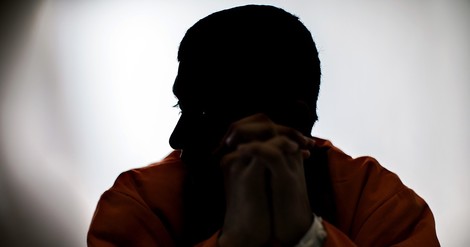Your podcast discovery platform
Curious minds select the most fascinating podcasts from around the world. Discover hand-piqd audio recommendations on your favorite topics.

piqer for: Global finds Deep Dives
Catalina Lobo-Guerrero is a freelance journalist and anthropologist currently living in Barcelona, Spain. For the past decade she has been working as an investigative journalist and correspondent in Bogotá, Colombia and Caracas, Venezuela where has written about politics, corruption, the armed conflict and violence. Her work has been published by The New York Times, The Guardian, El País and other smaller and independent media outlets in Latin America.
What Happens To Gang Members In Trump´s America When They Talk To The Cops? Betrayal
This is not just a story of a teenage boy. It’s a story that shows how the immigration system in the United States fails those who are most vulnerable, and how the current wave of deportations under the Trump administration actually contributes to the violence that force thousands to flee to the United States as undocumented immigrants every year.
The MS-13 gang was born in the streets of Los Angeles, but spread to El Salvador after US authorities massively deported gang members back to the broken country they had fled after a devastating civil war in the 1980s. The gang has grown over the past decades in El Salvador, other countries in Central America, and also across the United States, including Long Island, where Henry—the teenager in the story—was detained. Since last year, Long Island has been the epicenter of “Operation Matador”, where Immigration and Customs Enforcement (ICE) has arrested almost four times as many immigrants on suspicion of being members of MS-13.
Henry confessed to one of his teachers, in writing, that he was part of the gang and had committed several murders. He wanted help and he wanted a way out, so he agreed to cooperate with the local police. He was already supplying information on his own gang members as an informant, but one day ICE agents came for him and took him to a detention center filled with other MS-13 members who could kill him for being a snitch.
He decided to tell his story and handed over the contents of his phone to a reporter of Propublica who could translate, and who stitched bits and pieces of his conversations with the police detective he had been helping. The detective was one of the few persons who could actually help Henry but decided not to, arguing he would put his own life in danger if he testified in his favor.
This story was published just days before Henry was waiting for a final hearing on his plea for asylum. It had such an impact that the judge decided to postpone the decision.
